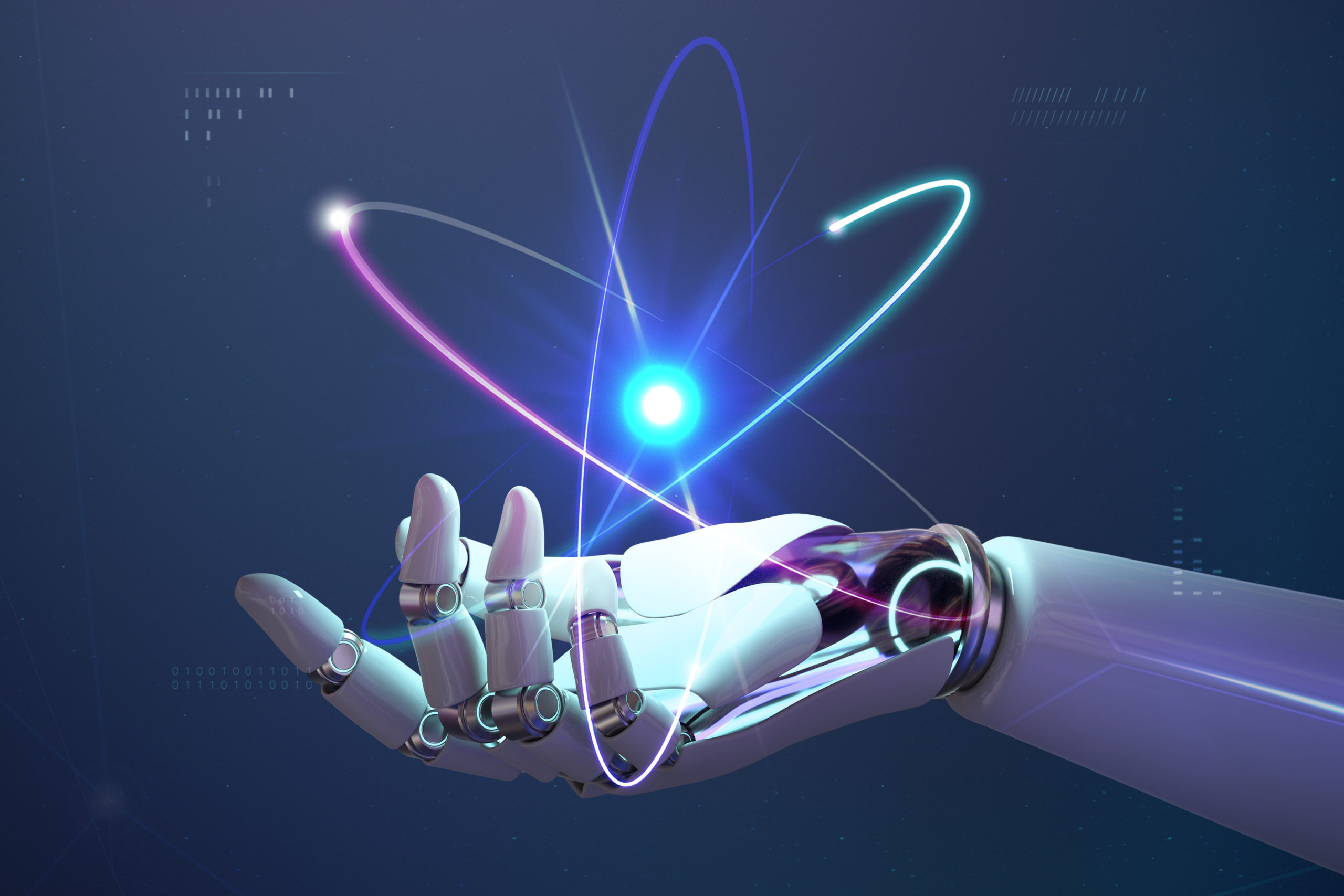
5 Ways AI will Supercharge Business Strategies in 2023 and Beyond
Artificial Intelligence (AI) is all the rage in 2023. Some say this is the beginning of an AI revolution – it all started with ChatGPT and multiple tools are launching every week, like Microsoft’s AI-powered Bing, Google’s Bard on the way, and many more. The year 2023 is set to be the year of AI and is expected to redefine every aspect of our lives – from the way we write emails to how businesses define their value proposition. While still believed to be in its infancy, AI has garnered mixed reactions – some believe that it’s just another technology, while some believe it can potentially supercharge our capabilities.
But AI is here to stay, no matter what we believe. Businesses need to understand its inevitability and prepare to ride the AI wave or risk getting disrupted. In this blog, we explore how AI tools will drive the world forward, with the primary goal of adding value to human work. Let’s have a look!
#1 AI enables automation
One of the most significant advantages of AI is automation. AI-powered tools can analyze data and identify bottlenecks in workflows in a matter of seconds. AI-powered tools can seamlessly automate regular / repeated / necessary yet error-prone tasks, allowing professionals to devote their time to more strategic tasks. Such a level of automation can minimize the chances of human error, which can otherwise prove costly in industries like manufacturing.
Conversational AI can also handle customer queries like a pro, enabling customer service representatives to handle more complex issues. Moreover, AI-powered tools work around the clock, increasing productivity and reducing the time required to complete tasks. They also help with optimizing resource allocation, reducing waste and increasing efficiency. For instance, AI can analyze data and predict demand for products or services, helping companies allocate resources more effectively. Particularly in manufacturing, AI can monitor equipment round the clock and recommend when maintenance should be scheduled, reducing downtime and increasing equipment lifespan.
#2 AI improves decision-making throughout the teams
AI enhances decision-making to a large extent. AI tools can analyze huge volumes of data quickly and accurately, identifying patterns and trends, and providing insights that humans might overlook. This helps businesses make organization-wide informed decisions and even predict future trends. For example, financial institutions can use AI algorithms to detect fraudulent transactions and prevent financial crimes. Such a level of advanced, rapid, and accurate decision-making can eventually help businesses form robust business models, boost operational efficiency, and drive revenue growth. AI is not driven by emotions and makes decisions solely to improve performance.
#3 AI helps advance the workforce’s skill sets
Coaching and mentoring are the crucial aspects of upskilling in the modern workplace. Mentors or senior leaders can leverage AI assistance in the form of chatbots or personal AI assistants for their reports as part of their coaching. This may help with the evaluation of the workforce’s performance, experiences, engagement, weaknesses, areas for improvement, and so on. Conversational AI as virtual tutors is still in its early stages, and it is scripted and predictable as of today. However, as natural language processing (NLP) advances, they would very soon be able to do more than just respond to questions – they would also be able to participate in stimulating business scenarios that serve to improve the workforce’s soft skills and prepare them for real-world challenges.
#4 AI promotes “adaptive” learning
Adaptive learning is quickly rendering standardized, off-the-shelf learning strategies outdated. “Adaptive” AI algorithms consider each employee’s / learner’s data to determine their weaknesses and skill strengths. In addition, adaptive AI retrains the model based on new data and changed goals, allowing it to quickly adapt to changing real-world situations. This could greatly assist in individualized learning. In fact, adaptive AI is one of the top strategic technology trends for 2023, according to Gartner. AI-powered learning platforms also assist learners in addressing their skill gaps by delivering the most useful and relevant content for their specific needs, as well as ample opportunities to practice those skills.
By analyzing the learning patterns and establishing appropriate timeframes, businesses can avoid workforce burnouts caused by an excessive burden of training and work. This not only helps improve retention and employee engagement but also improves employee assessment quality, allowing departments and teams to make the best use of talent and skill sets.
#5 AI encourages cross-functional capabilities
Micro function-specific platforms that are integrated with corporate platforms, such as internal talent marketplaces, help to make the best use of talent and skill sets. On talent marketplaces, generative AI and Large Language Models help with creating candidate profiles, skills, and experience models. This guides in assigning the appropriate employee to inter-departmental or inter-team projects that could benefit from their skills. This benefits the organization as a whole and allows the employee to explore career options.
Suggested Read: The Rise of Internal Talent Marketplaces: The New Way to Manage Talent
It’s time to make AI an integral part of your Business
AI is still believed to be in its infancy, which gives businesses the opportunity to be the early adopters and capitalize on the technology before it becomes mainstream. In a talent-driven market, AI-based business strategies will be a game-changer. Many professionals believe that AI could possibly replace humans, but businesses need to realize that it’s not completely true.
To that end, have you considered rethinking your business’s approach? Talk to our experts today to learn how infusing AI into your business can help you stand out from the crowd.
